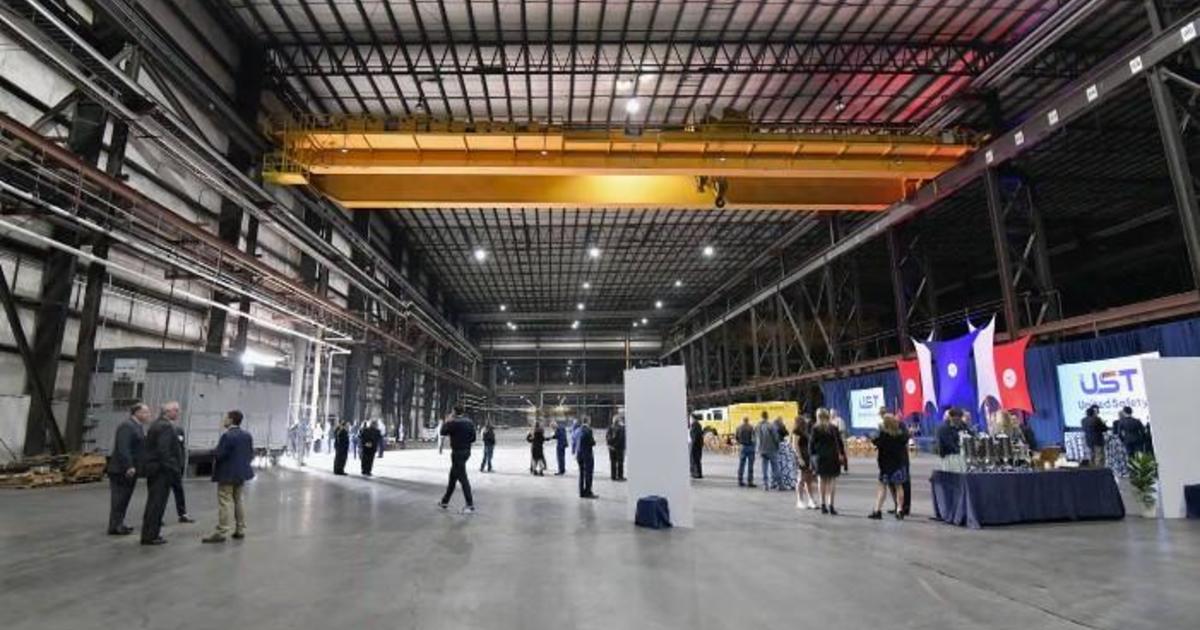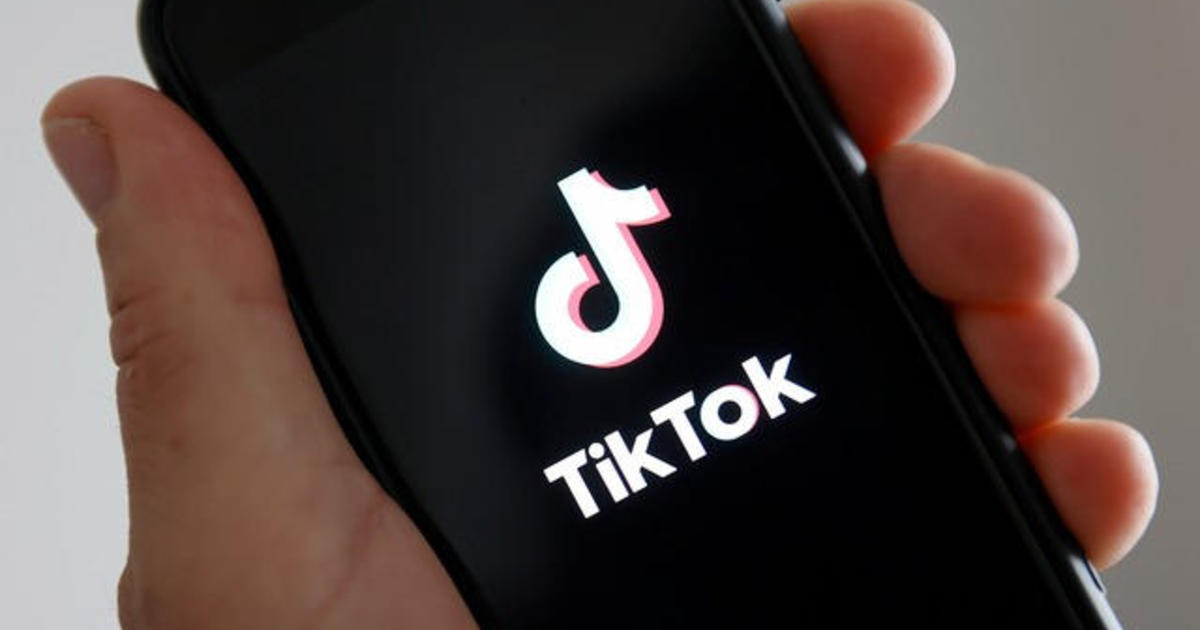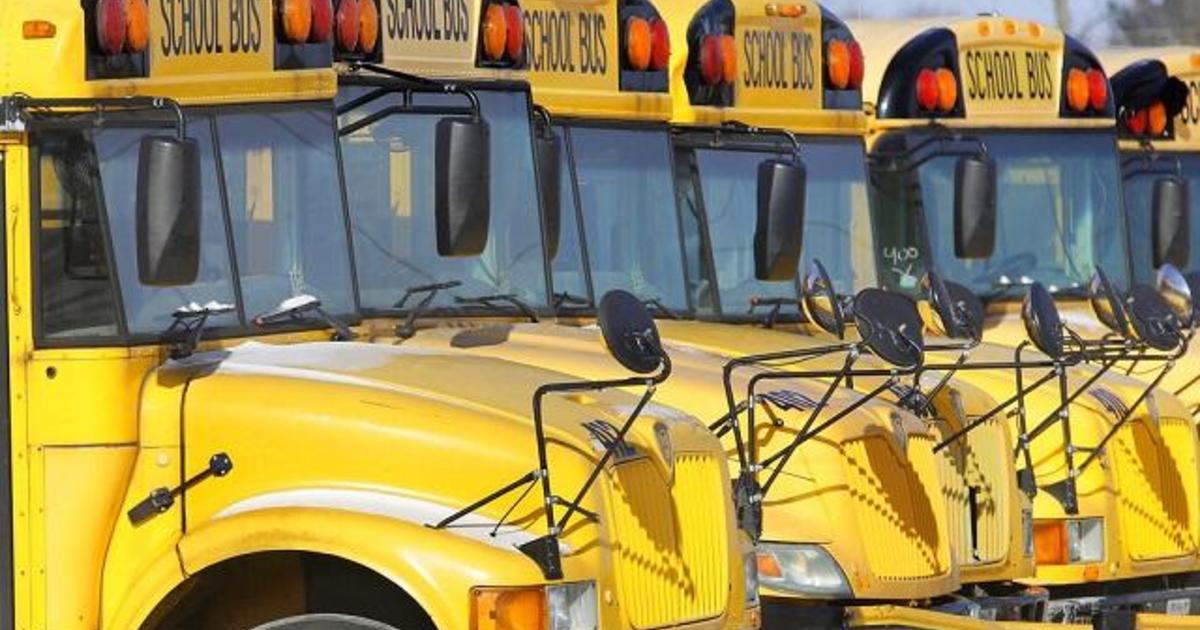$2B For Rail Projects, Speed Upgrades Announced
NEW YORK (AP) -- Money designated for a now-canceled rail line in Florida was divvied up among nearly two dozen projects around the country Monday, heartening supporters but giving critics fuel to deride it as a diversion from President Barack Obama's high-speed-train ambitions or as a simple waste of money.
The bulk of the $2 billion is to go the congested Washington-New York-Boston corridor, where $795 million in improvements should allow trains to run at 160 mph on a stretch where they are currently limited to 135 mph. Another $404 million will go toward increasing speeds to 110 mph between Chicago and Detroit.
"These are tremendous transportation projects and investments that America cannot do without," Transportation Secretary Ray LaHood told reporters at a news conference in New York's Pennsylvania Station, the nation's busiest train depot. He delivered a twin announcement later in the day in Detroit.
Only about $300 million will immediately go toward true high-speed railroads like those in Europe and Asia. That money is earmarked for a 220-mph link planned between Los Angeles and San Francisco.
Speeding up trains significantly through the Northeast could prove difficult because the region is so congested, with different railroads often sharing the same tracks and stations. Some even doubt it can be done, period.
Matthew Konopka, a 30-year-old economist from Washington, travels to Boston a few times each month. Traveling by plane takes him about 3 1/2 hours, including check-in time and getting through security. Amtrak's fast Acela trains take about seven hours.
"It's too much of a waste of time," Konopka said of the trains. "I would be doubtful that they'd ever be able to get it fast enough."
The projects being funded by the diverted money range from a train station in Ann Arbor, Mich., to elevated tracks in Washington state, platform improvements in Rhode Island and engineering studies in Texas.
"Once again, the administration has scattered funding to numerous slower-speed rail projects, and allowed Amtrak to hijack 21 of the 22 grants," Rep. John L. Mica, the Florida Republican who chairs the House Transportation and Infrastructure Committee, said in a written statement. His home state lost the money when Gov. Rick Scott canceled plans for a high-speed train between Orlando and Tampa.
Politicians in the Northeast enthusiastically lobbied for the money, hoping to improve their constituents' travel times and lure more passengers away from the region's gridlocked highways and congested airports. Delays at New York's three main airports frequently snarl air travel across the United States.
"We must take our passengers off the short-run airplanes," said Rep. Jerrold Nadler, a New York Democrat. "No one in a properly functioning transportation environment should take a plane from New York to Washington, or for that matter from Boston to Washington."
The improvements should benefit New York commuters by making the overhead electrical lines that New Jersey Transit shares more reliable. Another $295 million upgrade will benefit the Long Island Rail Road, the nation's largest commuter railroad, by allowing Amtrak trains to bypass the Harold Interlocking, a busy junction in the New York City borough of Queens.
But none of the $2 billion announced Monday is earmarked for two of the most significant rail bottlenecks in the Northeast.
One is the Portal Bridge, a 100-year-old span in New Jersey that officials say is in desperate need of a replacement; another is the two Amtrak-owned tunnels under the Hudson River. A state and federal plan to build more tunnels collapsed last year after Republican Gov. Chris Christie of New Jersey pulled out, arguing it put his state on the hook for cost overruns.
Instead, $450 million will go toward track and power line upgrades to increase speed.
Existing Acela trains have a top speed of 150 mph but can go that fast only on stretches in Rhode Island and western Massachusetts. The next generation of Acela trains should be able to run at 160 mph, Amtrak spokesman Steve Kulm said.
The track upgrades should allow the new Acela trains to cruise at 160 mph along a stretch between Morrisville, Pa., and New Brunswick, N.J., Kulm said. The speed limit there is currently 135 mph.
About $22 million will go toward replacing a bridge over the Susquehanna River in Maryland. Another $25 million will go toward a third track in Kingston, R.I., so that trains moving at 150 mph can pass slower traffic.
Florida's Scott, when canceling the project in his state, said he had been concerned that the state government would be locked into years of operating subsidies. However, a report by the state's transportation department forecast the rail line would be profitable. The project initially had been approved by Scott's predecessor, Republican-turned-Independent Charlie Crist.
"If they don't want it, we need it. We'll take it," Sen. Charles Schumer, D-N.Y., said of the money. "Florida's loss is New York and New Jersey's gain."
But other politicians have been less enthusiastic about rail travel.
"If President Obama and Congress insist on piling more debt on our kids and grandkids, they should at least let us decide how to spend it," said Tom McMillin, a Republican state representative in Michigan. "We need to fill potholes and improve roads, not shave 50 minutes off a train ride from Detroit to Chicago."
Along with Scott, two other Republican governors elected in November have canceled train projects in their states.
Wisconsin Gov. Scott Walker turned down $810 million to build a Madison-to-Milwaukee high-speed line. Ohio Gov. John Kasich rejected $400 million for a project to connect Cincinnati, Cleveland and Columbus with slower-moving trains. Both the Ohio and Wisconsin projects had been approved by their Democratic predecessors.
Republican members of Congress have also opposed funds for high-speed trains, rescinding $400 million of the money previously awarded to Florida, as well as other unspent money designated for trains in budget deliberations with the administration.
Obama has said he wants to make fast trains accessible to 80 percent of Americans within 25 years in order to catch up with China and other countries.
His administration is also hoping to ease congestion and pollution caused by airline flights. The number of airline passengers annually is expected to rise from 700 million to 1 billion by 2021.
At Washington's Union Station on Monday, some travelers said they've come to enjoy high-speed train travel. Jim Moeller, a 46-year-old geographer from Fredericksburg, Va., rides the Acela about twice a month from Washington to New York.
"I actually do business on the train. It's a lot nicer than an airplane," Moeller said.
He praised the additional funding for Acela as "throwing money at something that's actually a good thing."
Other projects announced Monday include:
— $186.3 million to upgrade tracks on the Chicago-to-St. Louis line, allowing speeds of 110 mph over 220 miles of rails.
— $58 million for upgraded tracks, signals and stations along the Empire State line running from Albany to Buffalo, N.Y.
— $40 million to rebuild a rail junction near Harrisburg, Pa.
— $15 million for engineering work to develop a high-speed rail line between Dallas and Houston.
(Copyright 2011 by The Associated Press. All Rights Reserved.)



